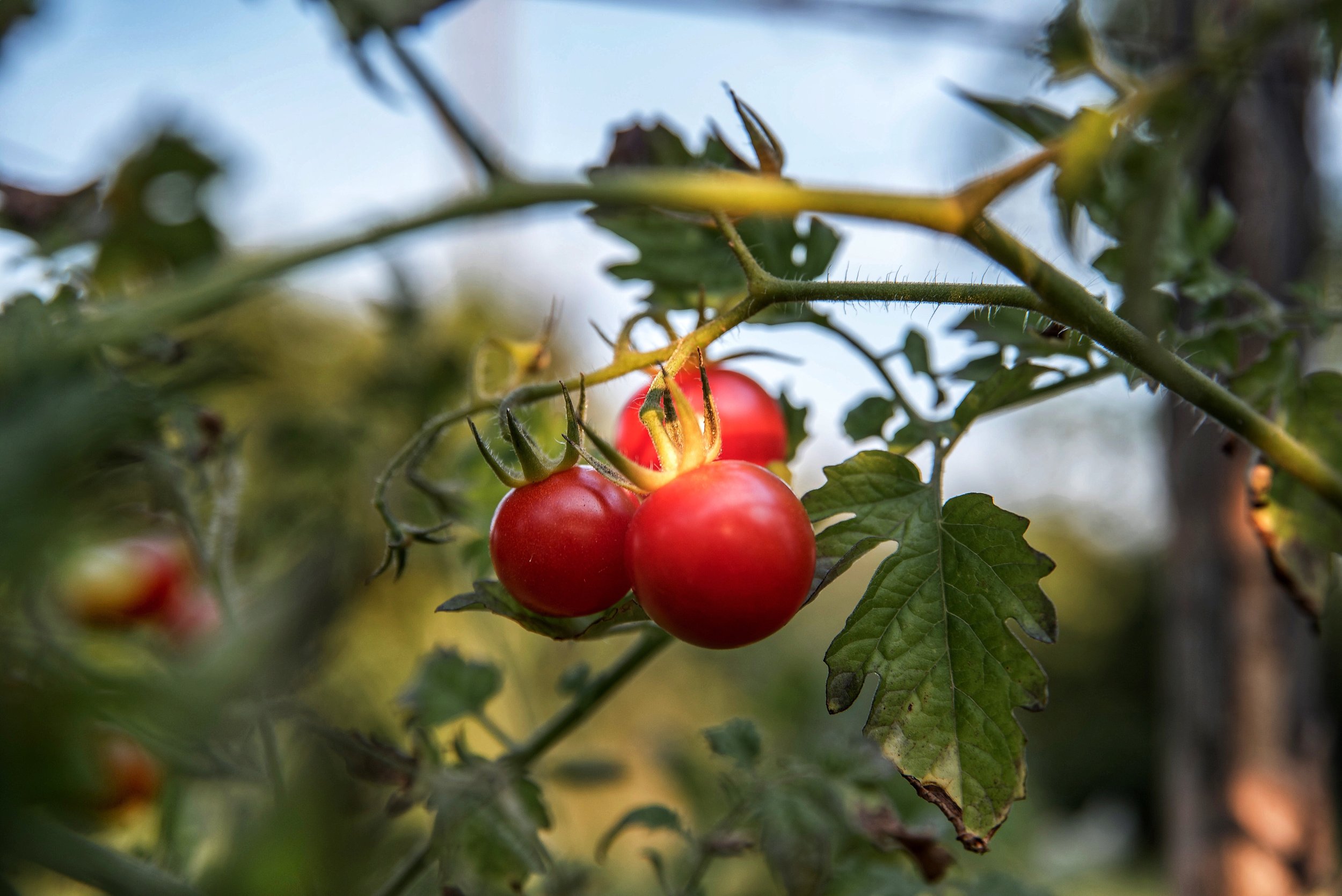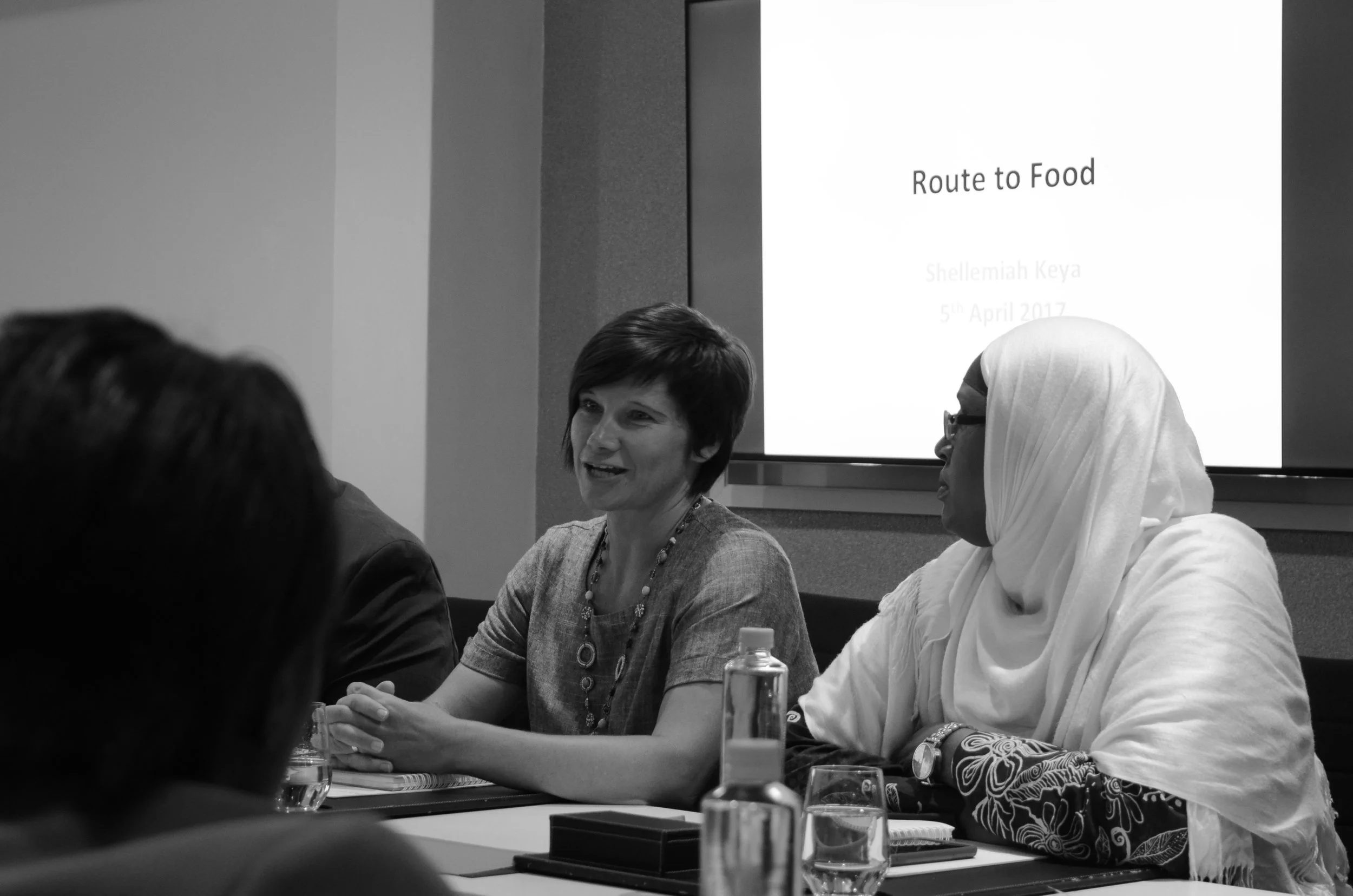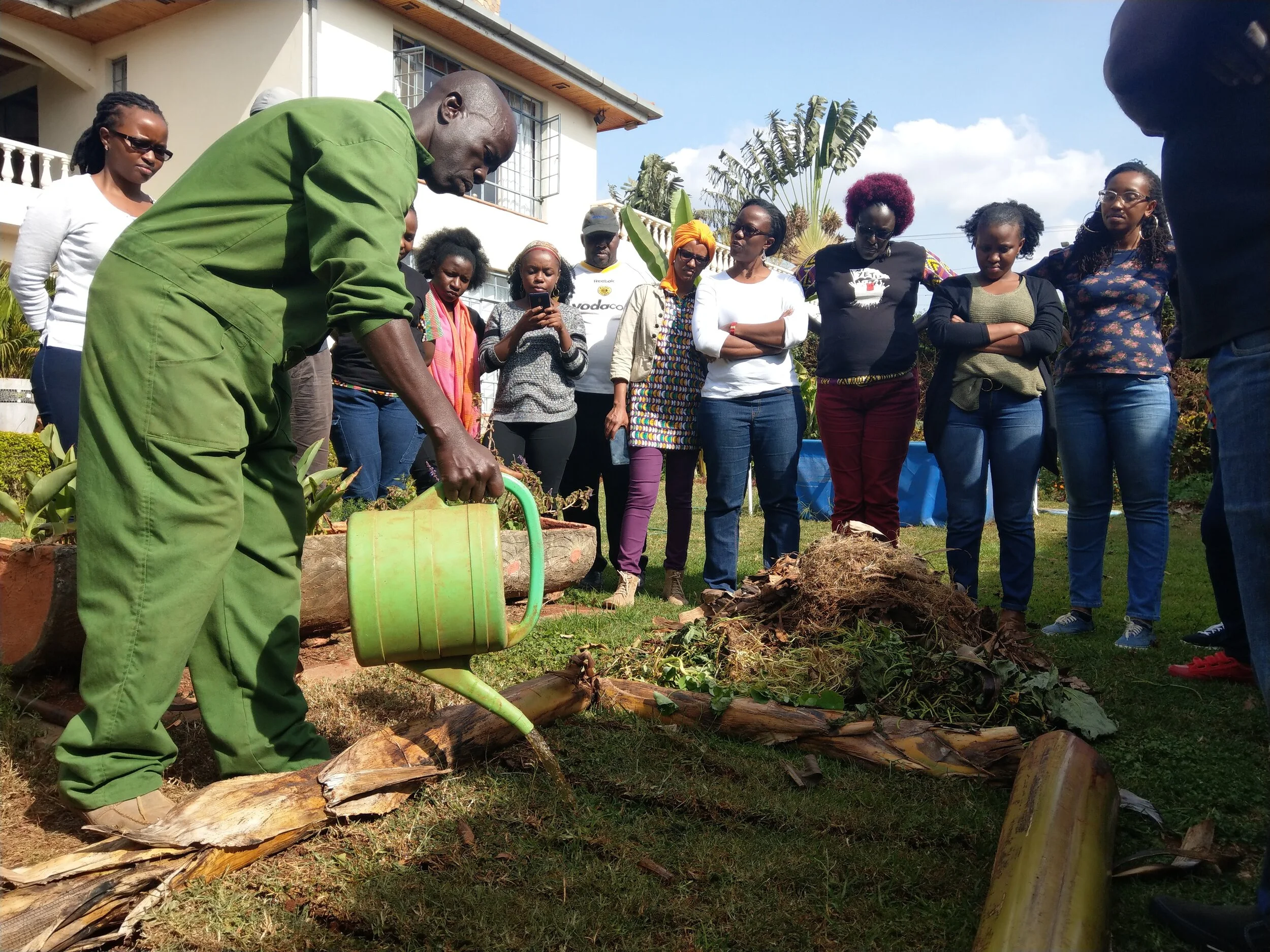Initiate change in global agriculture and food sovereignty through connecting and sharing resources on regenerative farming practices.
Our services
Scientific Analysis
We translate complex scientific research into practical solutions that drive agricultural sustainability. Our focus areas include:
Pesticides and Fertilizers: Assessing the ecological and health impacts of chemical use and identifying sustainable alternatives.
Soil Health: Providing evidence-based insights on regenerative soil practices to restore fertility and reduce degradation.
Biodiversity: Researching ways to enhance farm ecosystems by fostering pollinators, soil microbes, and wildlife.
Climate Mitigation: Highlighting agriculture’s role in reducing greenhouse gas emissions and promoting carbon sequestration.
Our scientific advisory services are tailored for policymakers, researchers, NGOs, and industry players who need actionable, data-driven recommendations.
Practical Solutions
EcoTrac equips farmers, communities, and urban growers with actionable strategies for sustainable farming and food production. Our solutions include:
Permaculture Farm Designs: Developing site-specific plans that incorporate agroecological principles tailored to local conditions and resources.
Regenerative Practices: Techniques like crop diversification, composting, and cover cropping to restore soil health.
Natural Pest Control: Training farmers in prevention measures to minimize chemical use and promote ecological balance.
Community and Urban Engagement: Facilitating peer-to-peer learning, promoting urban farming practices, enabling resource sharing, and supporting the provision of nutritious food to public institutions.
By blending ecological principles with practical tools, we help build resilient, productive food systems for all environments.
Policy Shaping
We collaborate with governments, institutions, and advocacy groups to design policies that support sustainable agriculture. Key areas include:
Regulation of Chemicals: Advocating for bans or restrictions on highly hazardous pesticides and synthetic fertilizers.
Agroecology Promotion: Supporting policies that incentivize sustainable practices and provide resources for farmers transitioning to chemical-free systems.
Subsidy Reform: Advising on the redirection of agricultural subsidies toward practices that prioritize soil health and climate resilience.
Farmer Support: Developing frameworks to ensure fair access to resources, markets, and education for smallholder and local farmers.
Our policy guidance is rooted in science and designed to create systems-level changes that benefit farmers, consumers, and the environment.






















